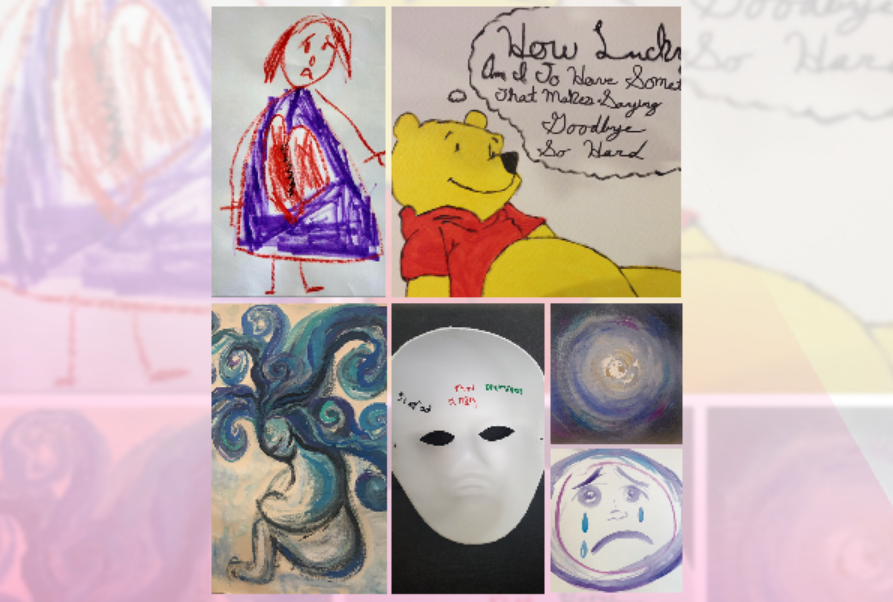
Sibling Grief Month
 “The loss of a brother or sister is not small, unimportant or invisible. In fact, it’s quite the opposite. I call sibling loss the ‘loss of a lifetime,’ because who else do we expect to have relationships with that stretch our entire lives?” – Lynn Shattuck
“The loss of a brother or sister is not small, unimportant or invisible. In fact, it’s quite the opposite. I call sibling loss the ‘loss of a lifetime,’ because who else do we expect to have relationships with that stretch our entire lives?” – Lynn Shattuck
Worldwide Bereaved Siblings Month is an annual designation observed in November.
The death of a sibling is one of the most significant and life changing events that can happen in a child’s life. Yet, often it goes unrecognized and they are the forgotten grievers. As Kady Braswell writes: “There’s no word to describe the loss of a sibling. If you lose a spouse, you’re a widow or widower. If you lose your parents, you’re an orphan. But if you lose a sibling, you just become the girl who lost her brother.” Friends of Karen prides itself on the recognition and support we provide to siblings throughout the trajectory of the illness, that sadly in some cases includes bereavement support.
Just like adults, children are unique and react in their own way. However, there are common reactions during different developmental stages that occur, and ways to help support children during these times.
Unlike adults, children’s brains do not have the capacity to fully process a loss all at once. It is why you will often see a child ask questions and be upset, and then tell you they need to go play. Their play is their “work”, and the way they process and understand. During these “breaks” to play they are processing this loss and the feelings they are experiencing. They often need a lot of repetition, and to ask the same questions over and over. This is all part of the way children process and understand. Art and play are natural modes of communication and expression for children; Friends of Karen Sibling Support Specialists utilize child life techniques, art therapy and bibliotherapy in working with grieving children. Additionally, they weave in commemoration, memory making and rituals that span throughout cultures and religions.
Children also continue to develop and with each developmental stage they process their loss with a new understanding. They re-grieve the loss of their sibling with each stage and you may often see different reactions, emotions, and questions arise during these times, and well as during significant milestones.
Grief is not linear or one- size-fits- all, instead it is deeply personal to each individual and family. The children and families need support and that begins in our staff meeting them where they are at and providing them the space to feel.


